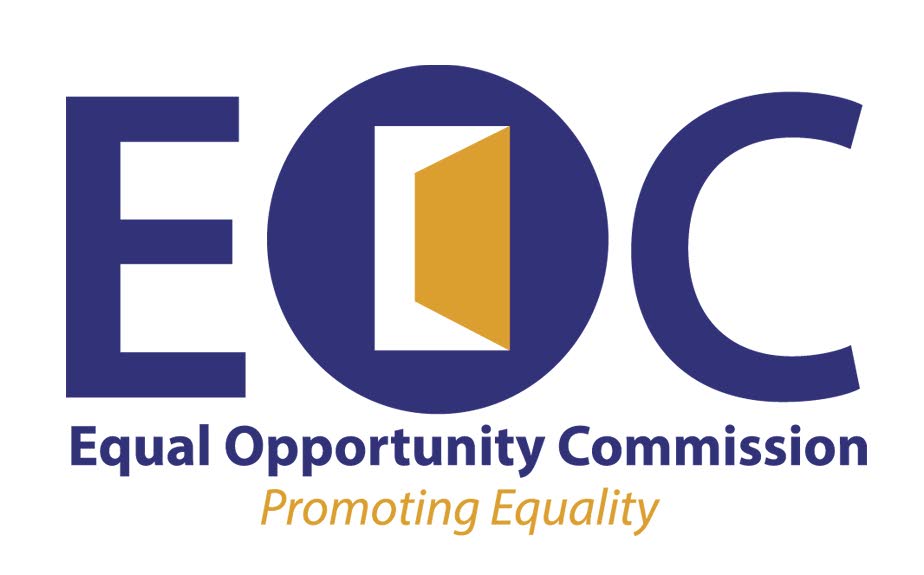Education: A fundamental right for all

THE FUTURE of our nation depends on accessing talent and skill sets from all members of our society. It all starts with a quality education that gives people with disabilities access to inclusive and lifelong learning opportunities.
Citizens of Trinidad and Tobago may know that one of the fundamental rights of a person enshrined in our Constitution is the right to an education. This is similarly stipulated in the Universal Declaration of Human Rights, the Convention on the Rights of the Child, as well as included in the United Nations Convention on the Rights of Persons with Disabilities (UNCRPD).
In most instances, students with disabilities already experience amplified struggles and adapting during a pandemic is difficult for students, teachers and parents. They may have physical, visual, intellectual, hearing, and learning disabilities.
In some cases students with disabilities are often subjects of discrimination and prejudice, preventing them from accessing education on an equal playing field. Despite this, many students thrive in the educational system, persevere and go on to make significant contributions to our society. This is based on sheer determination and support from parents, guardians and other support structures.
Teachers in particular form an integral part of the support system for students and there are many teachers who must be commended for their passion and purpose in ensuring that their students with disabilities are accommodated by giving more care and learning guidance. However, the system heavily relies on the nature of the individual.
Teacher preparation programmes on understanding and treating with a student with a disability is critical. Not all children with special needs enter the educational system already identified as having a disability and teachers are often times not equipped to recognise the range of possible disabilities including learning disabilities.
Teachers need training and support. Many teachers have been trained without expecting that a student with a disability may turn up in their classroom. Both the theoretical and practical features of training differ when it comes to teaching students with varying disabilities. Hence it is necessary to be trained by experts as well as to seek integration aide support.
Other areas to examine and improve are accessibility in terms of physical access to a school building and learning materials.
By 2030, one of the goals of the United Nations is to ensure access to equal and equitable quality education at all levels and vocational training for the vulnerable, including PWDs (persons with disabilities). As a signatory to the UNCRPD, Trinidad and Tobago must respect, protect and fulfil the right to education of PWDs, through the implementation of “inclusive education.”
The Equal Opportunity Commission is cognisant of the treatment PWDs experience. As part of its mandate, it strives to eliminate discrimination and promote equality regardless of one's status.
This column aims to help citizens and persons with disabilities and their families know that in these considerations regarding equality and inclusion, you are not alone.
The Equal Opportunity Act is the only national legislative instrument that addresses disability discrimination in four broad categories: education, employment, provision of goods and services, and provision of accommodation.


Comments
"Education: A fundamental right for all"